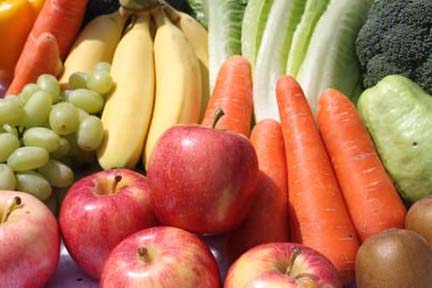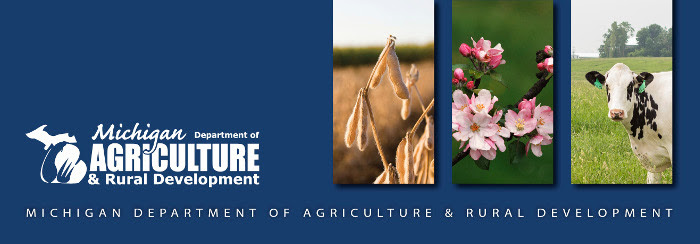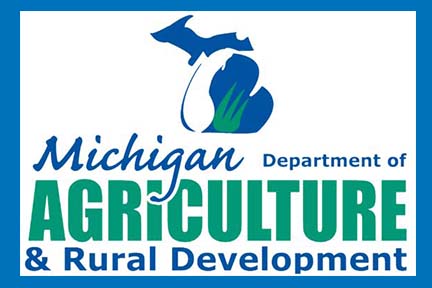For immediate release: December 19, 2024
Media contact: Jennifer Holton, 517-284-5724
MDARD Encourages Owners to Help Keep Pets Safe this Holiday Season
Following a few easy tips can help ensure you have a healthy, happy howl-iday with your pets
LANSING, MI— As Michiganders put the final touches on their decorative displays, holiday menus, and travel plans, the Michigan Department of Agriculture and Rural Development (MDARD) is reminding owners of some of the best ways to keep their pets healthy and safe this holiday.
“Our holiday celebrations often involve the whole family—including our pets. As we plan our festivities, we want our pets to be comfortable and calm,” said State Veterinarian Nora Wineland, DVM, MS, DACVPM. “There are many precautions owners can take to keep their animals safe this season, including keeping them away from fatty foods and ensuring they have up-to-date vaccinations.”
Keep pets safe this holiday season by following these six easy tips:
- Happy Tummies: Avoid feeding pets people foods.
Unfortunately, pets cannot enjoy all of the same foods and treats we do. Fatty foods (like turkey/turkey skin, meat fat, and gravy) can cause pancreatitis—even when consumed in small amounts. Also, chocolate, grapes/raisins, onions, and xylitol (an artificial sweetener found in many candies and gum) can be poisonous to pets; and bones can cause injury and illness.
- Avoid Temptations: Keep holiday decorations out of reach.
Sparkling ornaments, tinsel, and lights make for a beautiful display and can catch our pets’ eye. If consumed, these items could cause intestinal blockages or other injuries. Be sure these items are out of their reach, along with candles, potpourris, and some festive flowers/plants—such as mistletoe, holly, and poinsettias.
- Search No More: Make sure pets have proper identification.
With all the holiday activities, pets can easily sneak out and get lost. Make sure pets have identification tags and microchips updated with your current contact information to ensure they can be returned home.
- Destress and Decompress: Have a quiet space for your pets.
Holiday celebrations can be loud and overly stimulating for pets. Therefore, it is important to have a quiet space set aside for them to go if they are getting too stressed. Also, have the room stocked with their food, water, litter pan, etc. in case they would like to maintain their distance for an extended period of time.
- Cleared for Take-off: Ensure your pet is fit for travel.
If you will be travelling with your pets this holiday season, talk with your veterinarian to determine what steps, documents, or preventative care might be needed to ensure your pet is ready to go!
Destination states, countries, commercial carriers, and even lodging facilities can all have different requirements for your pets to accompany you. More resources can also be found on the U.S. Department of Agriculture’s Pet Travel website or on MDARD’s animal movement website.
- Spread Only Joy: Make sure pets are up to date on their vaccinations and keep them home if they are sick.
When pets travel or encounter other people and animals, they can be exposed to contagious diseases, which is why ensuring they are fully vaccinated is so important.
Also, if sick, pets can equally spread their germs to others. Keep your pet at home and away from other animals if they exhibit any signs of illness and contact your veterinarian for further care.
Overall, be sure to discuss travel or boarding plans with your veterinarian to determine how best to protect your pets from disease. Based on their risk, your veterinarian may recommend additional vaccinations.
These tips can help your pets stay holly, jolly, and safe this holiday season. If there are ever any concerns about your pets’ health now or beyond the holidays, please contact your veterinarian. |






